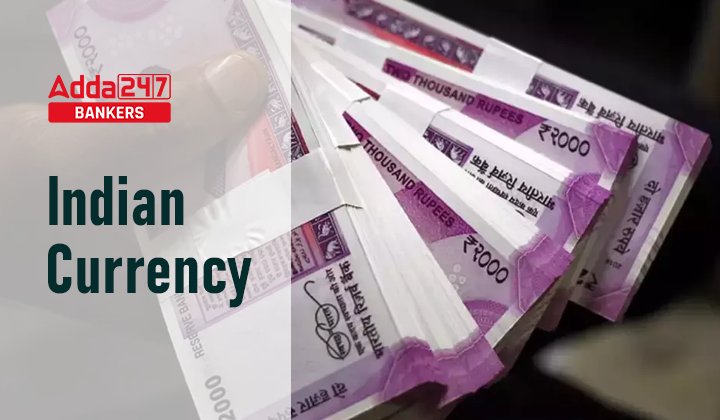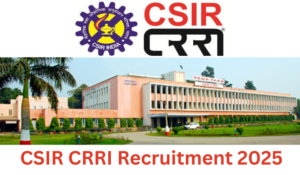Hello, students let’s learn about the Indian currency. It is not merely to crack the current affairs section but to help you to have a solid base in an interview. As a citizen of India, it’s necessary to have basic knowledge about our currency.
1. What is the Indian currency called and what is its symbol?
The Indian currency is called the Indian Rupee (INR). One Rupee consists of 100 Paise. The symbol of the Indian Rupee is ₹. The design resembles both the Devanagari letter “₹” (rs) and the Latin capital letter “R”, with a double horizontal line at the top.
2. What is legal tender?
A legal tender is a coin or a banknote that is recognized by law as a means to settle debt or obligation
The coins were issued by the Government of India under Section 6 of The Coinage Act, 2011. Every banknote issued by the Reserve Bank of India (₹2, ₹5, ₹10, ₹20, ₹50, ₹100, ₹200, ₹500, and ₹2000) guaranteed by the Central Government, subject to provisions Section 26(2) of RBI Act, 1934. ₹1 notes issued by the Government of India are also Legal Tender.
3. Where are banknotes and coins produced/minted?
Bank notes are printed at four currency presses, 2 of which are owned by the Government of India through its Corporation, Security Printing and Minting Corporation of India Ltd. (SPMCIL), and two are owned by the Reserve Bank, through its wholly-owned subsidiary, Bharatiya Reserve Bank Note Mudran Private Ltd. (BRBNMPL). The currency presses of SPMCIL are at Nasik (Western India) and Dewas (Central India). The two presses of BRBNMPL are Mysuru (Southern India) and Salboni (Eastern India).
Coins are minted in four mints owned by SPMCIL. The mints are located in Mumbai, Hyderabad, Kolkata, and NOIDA. The coins are issued for circulation only through the Reserve Bank in terms of Section 38 of the RBI Act.
4. What is a currency chest?
The currency chest is the storehouse of banknotes and coins. RBI authorized scheduled banks to have currency chest. There is a 3054 currency chest presently.
5. What is a small coin depot?
Some banks are authorized to establish Small Coin Depots to stock and distribute small coins i.e. coins of value below Rupee One to bank branches in their area of operation.
6. What is currency paper made up of?
The paper currently being used for printing banknotes in India is made using 100% cotton.
7. Is it possible to have two or more banknotes with the same serial number?
Yes, it is possible to have two or more banknotes with the same serial number, but they would either have a different Inset Letter or year of printing or the signature of a different Governor of RBI. An Inset Letter is an alphabet printed on the Number Panel of the banknote. There can be notes without any inset letter also.
8. How many languages appear in the language panel of Indian banknotes?
15 regional languages plus Hindi and English
9. What was the highest denomination note ever printed?
The highest denomination note ever printed by the Reserve Bank of India was the ₹10000 note in 1938 which was demonetized in January 1946. The ₹10000 was again introduced in 1954. These notes were demonetized in 1978.
10. Who decides on the figure to be printed on a new banknote?
According to Section 25 of the RBI Act, the design, form, and material of bank notes shall be such as may be approved by the Central Government after consideration of the recommendations made by the Central Board.
11. What is the Clean Note Policy?
Reserve Bank of India has been continuously making efforts to make good quality banknotes available to the members of the public. To help RBI and the banking system toward this objective, the members of the public are requested to ensure the following:
- Not to staple the banknotes
- Not to write/put rubber stamp or any other mark on the banknotes
- Not to use banknotes for making garlands/toys, decorating pandals and places of worship, showering on personalities in social events, etc.
IBPS RRB Notification 2022: Click Here to Check
Also Check:
Recent Posts
| Current Affairs April 2022 | |





 GA Capsule for SBI Clerk Mains 2025, Dow...
GA Capsule for SBI Clerk Mains 2025, Dow...
 The Hindu Review October 2022: Download ...
The Hindu Review October 2022: Download ...
 Delhi CSIR CRRI Recruitment 2025 Notific...
Delhi CSIR CRRI Recruitment 2025 Notific...







